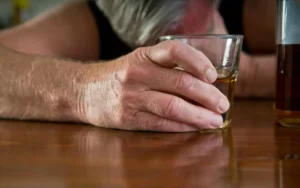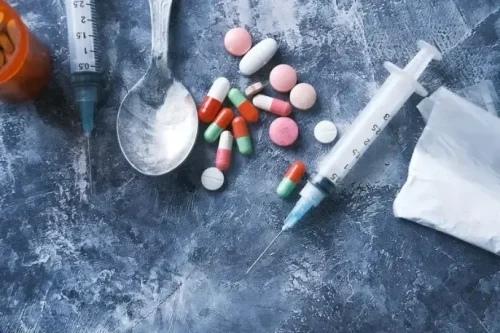Can an Alcoholic Ever Drink Again? How Long to Stay Sober

Working with a therapist can be helpful during a period of mental relapse. A lapse is a brief return to drinking or using drugs, but https://ecosoberhouse.com/ the individual quickly stops again. Relapsing is when the individual returns to drinking or using drugs after a period of sobriety.
Identify personal triggers

In place of quitting alcohol, harm reduction works to help people be more mindful about their drinking habits. No relapse is too big to recover from, and in fact, you can take immediate action to regain your sobriety. However, it’s important to assess the relapse and identify things you can change or adapt to prevent a similar experience in the future. As you likely know, alcohol can do a number on your drinking again after sobriety brain, your liver, and your judgment. First, rather than viewing your relapse as a sign of failure, accept it as a step in your journey to sobriety that signals you need to revise your recovery approach. Death caused by alcohol poisoning, motor vehicle or other accidents, violence, suicide, and alcohol-related diseases make alcohol abuse the third most preventable cause of death in the United States.
Turning Back to Old Behavior Patterns
But when you keep thinking about it, and start planning to do it, it’s time to get help. Many people think preventing a relapse means just saying “no” to a drink. But by the time you’re looking at a can of beer or a bottle of liquor, you’re in the last and most difficult stage of a relapse. One part of the recovery journey for some people is emotional sobriety.
- Recovery is lifelong, and a relapse can happen at any time, even after years of not drinking.
- First, rather than viewing your relapse as a sign of failure, accept it as a step in your journey to sobriety that signals you need to revise your recovery approach.
- It is essential to acknowledge that when someone with an AUD starts drinking again, it is only prolonging the health issues, unhappiness, and instability that alcoholism causes for the drinkers and their loved ones.
- Over time, intestinal inflammation increases the risk of gastrointestinal disorders and impairs your body’s ability to absorb nutrients from food, leading to nutritional deficiencies.
- While relapsing can bring about shame and feelings of failure, a relapse is generally accepted as an expected part of the recovery process for most people.
How to Get Sober

For the majority of people, drinking alcohol after being sober can lead to relapse. Therefore, it is not recommended to have even one drink while in recovery. Cultivating the seven core attitudes of mindfulness – non-judging, patience, beginner’s mind, trust, non-striving, acceptance, and letting go – can further strengthen one’s ability to manage cravings and triggers. By exploring these alternatives, individuals can confidently navigate social situations and maintain their commitment to a sober life.

For many people with a substance use disorder, it’s simply a matter of never having learned the appropriate way to manage anger. Talk to your therapist, other healthcare provider, or sponsor about how to deal with your anger in ways that won’t cause you to harm yourself or others or turn to alcohol or drugs. You may also experience what is commonly called sobriety fatigue, which refers to the overall exhaustion that may occur as a result of the emotional and physical stress of staying sober. So, it’s extra helpful to have a support network available to you when you need it.

What Do I Do If I Relapse from Alcohol?

Grayson Murray’s Tragic Wake-Up Call for Pro Golf On Alcoholism, Addiction & Mental Health
- You may again seek out the people and situations that support your alcohol use.
- People in recovery from a substance use disorder frequently have problems meeting work-related responsibilities, maintaining employment, and managing money.
- The first step to getting sober is recognizing and admitting that you have a problem with drug or alcohol misuse.
- Recommit to your self-care plan, especially activities that eased stress and other emotional triggers.
- Consider reaching out to a vocational rehabilitation counselor or career coach to help you update your resume, practice job interview skills, and locate jobs that match your skills and experience.
- Loved ones who’ve supported you through your journey to recovery may feel hurt, betrayed, or worried about your well-being.
- According to Jeanette Tetrault, MD, an addiction medicine specialist at Yale Medicine, the terms “sobering up” or “getting sober” are stigmatizing.
